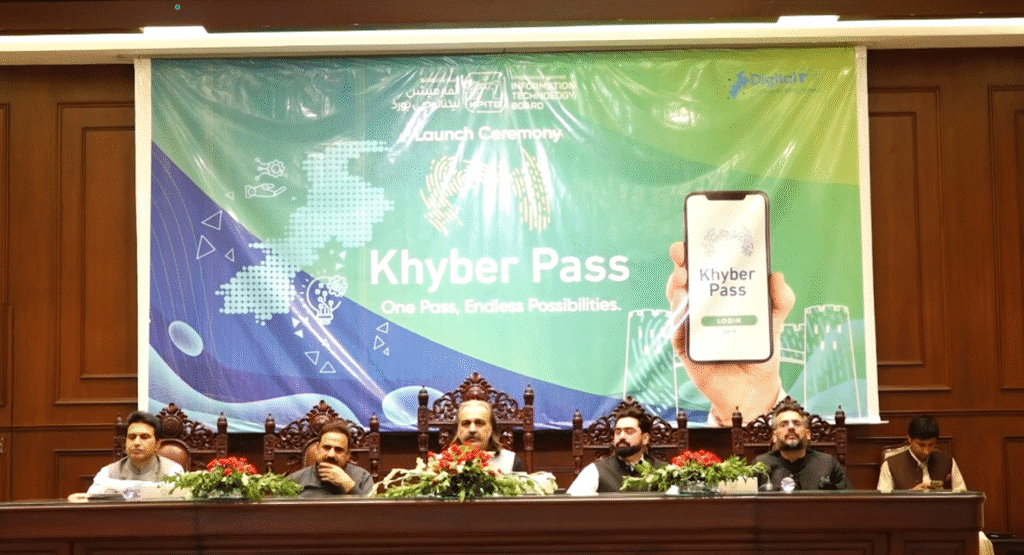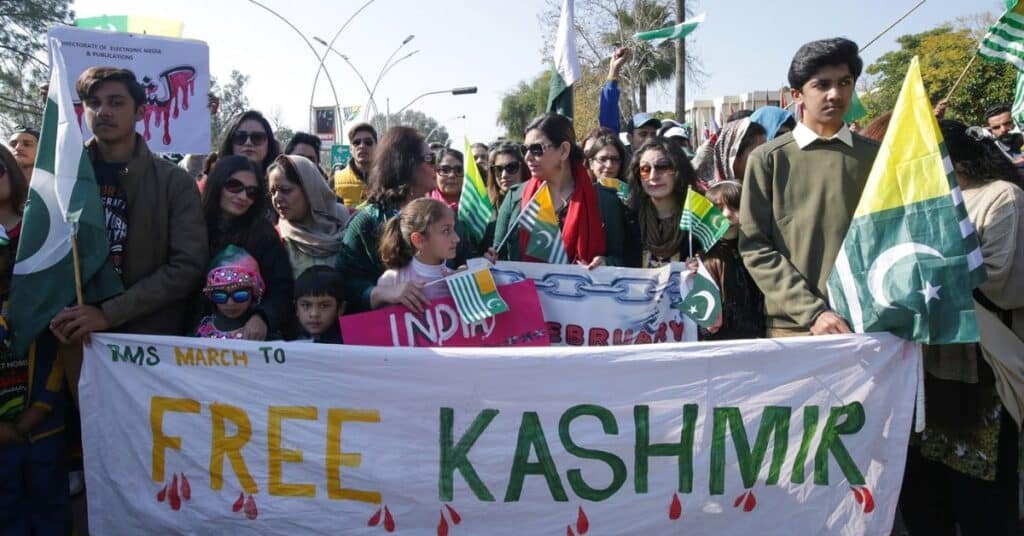The provincial government has launched a revolutionary initiative aimed at promoting digital governance in Khyber Pakhtunkhwa. This initiative includes the introduction of a digital identity system known as Khyber Pass.
Chief Minister Ali Amin Gandapur officially launched the Khyber Pass digital platform, which is the first of its kind in the country. This system utilizes QR codes to create a unique digital identity for its citizens and will be linked to NADRA (National Database and Registration Authority) and other government records.
Under the Khyber Pass system, citizens’ identity information and data will be available online. This will allow residents to easily access all civic services and facilities offered by the provincial government through a digital account. With Khyber Pass, there will be no need for citizens to register separately or fill out forms to access different services. Instead, health, education, tax, licensing, property, and other services will be available with a single QR code.
The digital identity QR code will ensure that all facilities and services are accessible to citizens online, eliminating the need to visit multiple offices or stand in long queues. During his address at the event, Chief Minister Ali Amin Gandapur emphasized that Khyber Pass is a groundbreaking initiative for simplifying access to government services.
Initially, three services are being introduced under this system, with plans to include additional services, including health cards, in the future. According to Gandapur, digitizing the system is vital for providing maximum facilities to the people while ensuring transparency and merit in governance. He reiterated the government’s commitment to advancing digitalization across various sectors in alignment with Imran Khan’s vision.
The Chief Minister noted the positive results of digitization in multiple areas, stating that the government gained approximately three billion rupees from the digitization of challans alone. He also mentioned that, despite treatment costs increasing, the expenses related to treatment have been reduced by 13 billion rupees due to effective health card monitoring. When the current administration took office, the treasury was empty; it now holds 190 billion rupees.
This digitization journey is progressing rapidly, and the Chief Minister expressed optimism about achieving the set goals soon. He emphasized the importance of restoring public trust through transparency and merit via effective information technology use.
During the ceremony, the Chief Minister also inaugurated the Citizen Facilitation Centers in Abbottabad and Bannu. These centres will provide a variety of public services from different government departments at a single location under a one-window operation.
Nineteen different services will be available at these centres. In the first phase of the project, one facilitation centre will be established in each divisional headquarters of the province. Two such centres have already been inaugurated in Dera Ismail Khan and Swat. The second phase will expand these centres to the district level, and the third phase will bring them down to the tehsil level.
Read also: PTA and Meta hold Workshop on “Counter-Terrorism in the digital age





